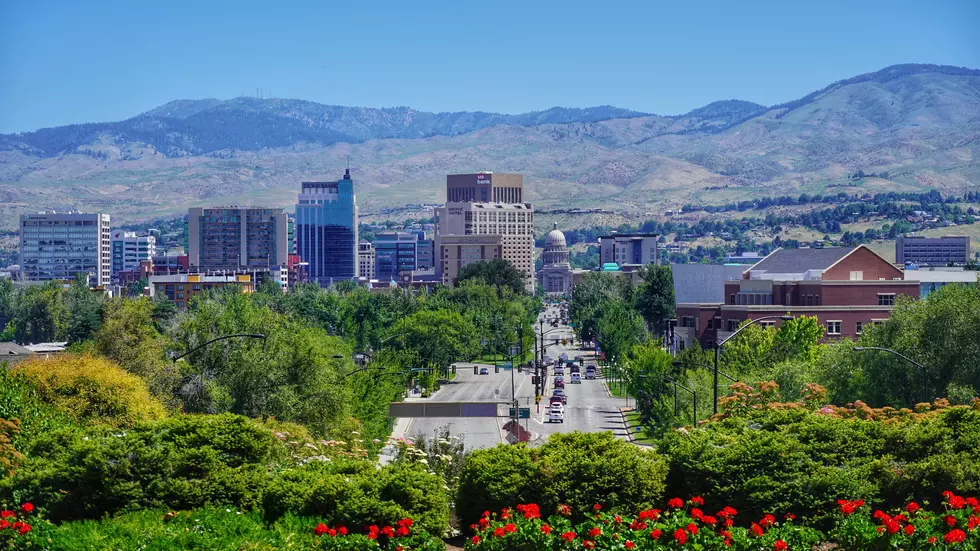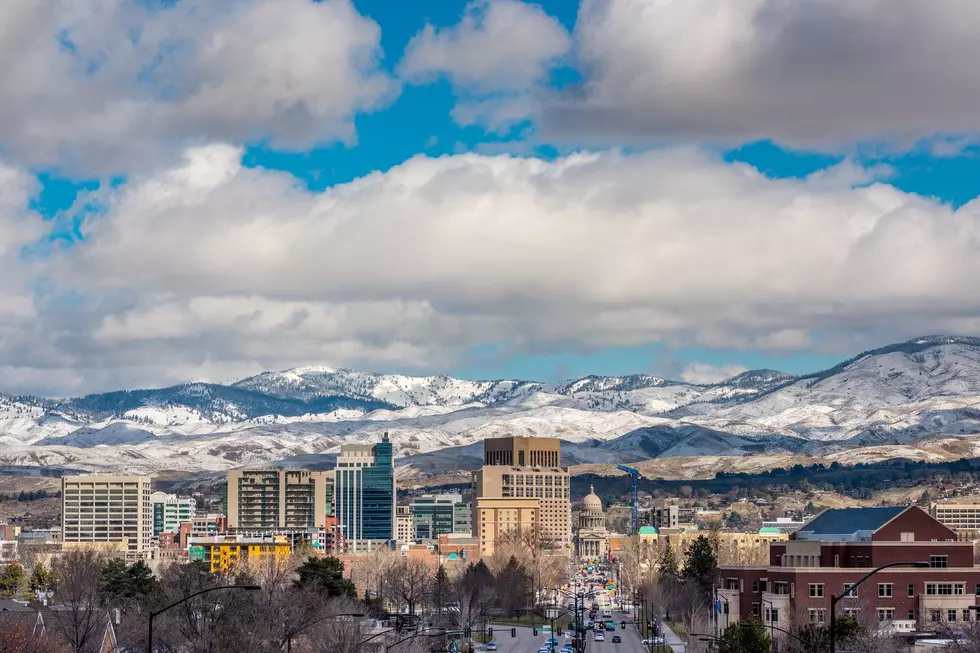
City of Boise is ‘Greener’ Than Ever With Big Goals
The City of Boise has a goal for the whole city to be powered by clean energy by 2035 and to reach carbon neutrality for the community by 2050. They have been taking steps for years to continue to lead the country in sustainability.
The Gem state is doing a lot behind the scenes to be resourceful and smart about utilizing natural recourses. According to a report by Zippia.com, Idaho ranks as the least wasteful state in the country. Did you know that under the streets of Boise there is over 20 miles of pipeline that heat over 6 million square feet?
On the official City of Boise website they have a page dedicated to the cities geothermal uses. If you look in certain downtown places you will notice a plaque showcasing the buildings geothermal use. Places like JUMP, City Hall, Treasure Valley YMCA, Boise State and more have it. Idaho is a treasure trove of geothermal hot spots. Boise has been taking advantage of what mother nature has to offer and has been heating homes and buildings since the 1890s.
According to the city, it was in 1983 when Boise really began the infrastructure of what is now the largest, municipally-operated system in the country! That is HUGE! The city of Boise in total is heating over 90 buildings throughout downtown Boise using geothermal.
So how does it all work? Under the Earth's surface is a river of geothermally heated water flows. We have sizable ones under Boise's foothills. The City uses that natural hot resource to heat buildings, use for sidewalk snowmelt, to warm recreational pools, and more. It doesn't get much more sustainable than that.
Geothermal springs coming to the surface are what also create the amazing hot springs around us. There is a website that shows geothermal maps and hot spots for Idaho. Check that out here. I was able to do a tour of one of the underground tunnels in downtown Boise and saw the geothermal hub and map.
Geothermal power plants are able to create energy using water and heat that comes from dry steam wells or from hot-water wells. The steam then powers a turbine that generates electricity. Idaho also utilize hydroelectric power from rivers and dams. Idaho Power has pledged to use 100 percent clean energy by 2045.
Here are a few things that got Idaho such a pat on the back award. As it turns out, "Idaho residents throw away the least amount of garbage each year compared to other states. By cutting back on the amount of waste hitting landfills, Idaho has achieved one of the lowest rates of landfill gas emissions in the country."
Idaho has a strong commitment to recycling but has adjusted how it does it's recycling programs based on the location and needs of the area. Rural areas utilize drop-off recycling centers to cut costs, while cities use curbside pickup. These customized recycling programs make it easier for residents to cut waste and spending.
Going Green: Tips & Tricks to Be More Ecologically Friendly
Gallery Credit: Stephanie Gull
Hikes to Explore Outside in and Around Boise
The Forgotten Art in Boise's Underground Tunnels
Gallery Credit: Nikki West
More From Mix 106









